Subscribe for Access
In this interview, Partnerprograms.io founder Alex Glenn discusses the different types of partnerships, common misunderstandings in approaching agency-tech relations, and what successful co-marketing and co-selling strategies look like.

There’s a lack of support, understanding, and planning around partnerships from both sides - the agencies and the tech companies.
“It is broken on both sides. Tech Company to Tech Company has mastered the art of co-selling and partnering. Tech Company to Agency, on the other hand, still presents a lot of work for improvement.”
This room for improvement is where Alex Glenn & Partnerprograms.io come into the picture.
Alex believes there’s a lot of work to be done regarding helping agencies understand what value tech partnerships present to their agency.
“We introduce agencies to great tools, like Reveal, to do things like co-sell. We also help B2B tech company teams unpack what a partnership in practice means, and then help them create a strategy that will become an effective and, ultimately, a true partnership.”
Partnerprograms.io provides a variety of services to agencies and tech companies alike. They support those services with a large agency-only community with a member base focused on expanding tech partnerships. Within the community, they offer an additional training center focused and enablement resources. They also help tech teams understand the agency persona, digital agencies, and service providers, frame their program the right way, and enable agencies.
Partnerprograms.io also created a podcast called Make Them Famous. The podcast features leaders on both sides of partnerships, usually an agency and their partner manager, and shares all of the significant details of why that partnership works.
They also recently launched Partnerhub, where agencies can manage all of their tech partnerships in one place.
Alex is the go-to guy to understand better how partnerships function between agencies and tech teams. Which is why we sat down with him for his insight on some of our community’s most burning questions.
What is the disconnect in partnerships between agencies & tech companies?
Every day we talk to people like the head of partnerships, a partner manager, or someone on the Tech team, and they’ll say things like we want agency partners.
Of course, but, there is a lack of understanding of a couple of truths about agencies.
- Agencies are not in the business of selling software. They are in the business of supporting their clients and growing their clients XYZ.
- They are human beings. You’re not dealing with an API integration where it’s all concrete. You look at docs, have a strategy and a plan, and some people are involved, and you do it, right.
“The people are your partners” is one of our mottos. It’s a very human-to-human thing. It’s not just presenting a product and asking the agencies to sign up for a commission and a referral program.
Partnership managers should present agencies with a proposition of how the tech company can help the agency increase their revenue by bettering their client services and being supported. The focus should be about being the agency’s partner, not about the tech company’s product.
It’s essential to keep in mind what the partnering activity will be and ensure the agency understands how that activity will help them grow.
Should partnerships be a part of a go-to-market strategy?
I had a client that was looking to hire me to build out their go-to-market strategy. They were very new and weren’t past product-market fit. They didn’t have a huge team or a massive budget. And because of those things, I put partnerships as the number one priority for them.
Their response was what I learned to be a normal response:
- You need product-market fit.
- You need a successful sales operation before you launch a channel program.
I was very curious and kind of just baffled. How could partnerships not be a part of your go-to-market strategy?
How could partnerships not be a part of your go-to-market strategy?
I was a VP of marketing for several different tech companies before this position. Early on, I had to do a lot with a little. I didn’t have a huge team or a huge budget.
I, instinctively, knew I had to enter a new vertical with partnerships. I didn’t call them partners, channel partners, or resellers. I didn’t have a term for them. I just knew that they were people that I had to rely on to get my brand assimilated, exposed, and trusted.
I realized that other founders and CEOs didn’t think about go-to-market strategy the way I did. I did some research and discovered that most SaaS companies didn’t see the value in partnerships.
So, I built Partnerprograms.io to solve this. Both sides can come together, and align on what to do, why, and how. And today it’s become an extensive ecosystem supporting over 300 tech teams and about 700 agencies weekly and still growing.
How do you define an agency-to-tech partnership?
To explain the term partnership you have to explain the word channel.
The overarching problem is when you have a strategy and you use the word channel, there’s confusion. More tenured individuals and people who have been part of more extensive channel programs let the terminology affect the way they strategize within their ecosystem.
When I define partnerships it’s very one-to-one. You have to have mutually aligned objectives.
Every partnership doesn’t fit into the same box as the next person down. The whole ecosystem is moving this way and it’s getting more and more one-to-one.
How to advise agencies to find the right tech partners?
It’s all, who also sells to the same audience? Who is effectively getting their product in the hands of your target customers?
A very obvious answer for many is the big ones, HubSpot, Shopify, Salesforce et cetera, But then there are the smaller ones. We have new products that come out all the time.
We also have new programs that come out of products that have been in existence all the time. The way we match-make is to target vertical and size.
Maybe you’re partnering with a competing tool. There are multiple layers of partnership, alignment on the size and type of clients that you’re after layers of the partners, which is why agencies should still have conversations and talk to these other tools.
For Partnerprograms.io, we think of 3 Layers of partnerships:
- Referral partners: This means I love your product. And I’m going to tell my clients about you. You don’t have to do anything.
- Implementation partners: These are people that you support, typical HubSpot implementation partners. They’re going to become experts. They’re going to set up services around your product. The referral partners may as well, but they’re going to build a business out of your product.
- Collaborative partners: Co-marketing and co-selling put them together, but these are just people that influence your target audience. Whether they have them as clients, they have a blog, a podcast, or they’re that type of thought leader.
How to measure if co-marketing with a partner is successful?
If you’re co-marketing and working with a partner to get exposure, you need to know what’s working. Maybe your blog or podcast converted individuals to customers, but how do you know if it’s creating revenue? Here is the two-step easy way to do it:
- Load all of your leads into Reveal.
- Look at the overlap of those leads with your partner.
Based on how the overlap changes over time, it will show you if the partnership is working. Is it increasing? Is that center of the Venn diagram on accounts that you load to Reveal going up or not?
If you’ve done three webinars with this partner, it doesn’t matter if a thousand people showed up to each webinar, if you’re not increasing the shared pipeline, it’s not working.
The critical question to ask is “Am I getting revenue from this partnership?” Attribution needs to be there, which becomes a co-selling agenda underneath that.
What are your thoughts on partner enablement?
Enablement is ongoing. Enablement is almost like making sure your partners remember you exist.
One way we do that is by mapping accounts. We regularly check if there’s overlap down a list of select accounts together, and talk about where they’re at, what they’re doing, and what they may need that both of us can provide.
I will make warm introductions to our key accounts. Having regular account mapping meetings every week where both partner and agency bring a list and monitor it inside Reveal.
Another way to enable this is by reaching out. "Hey, we haven’t talked in a while. There’s this event coming up and I thought of you immediately. I think it’s beneficial for you. Would you like to do it?" They say yes or no, but you always have to have that ’thing’ that you’re doing together.
And to do that you’ve got to be using the right tools, not using bloated expensive tools that don’t have any intrinsic value and that don’t have loaded costs that you’re going to have to spend the next six months trying to make up, that will destroy your program if you choose the wrong tools at the wrong time.
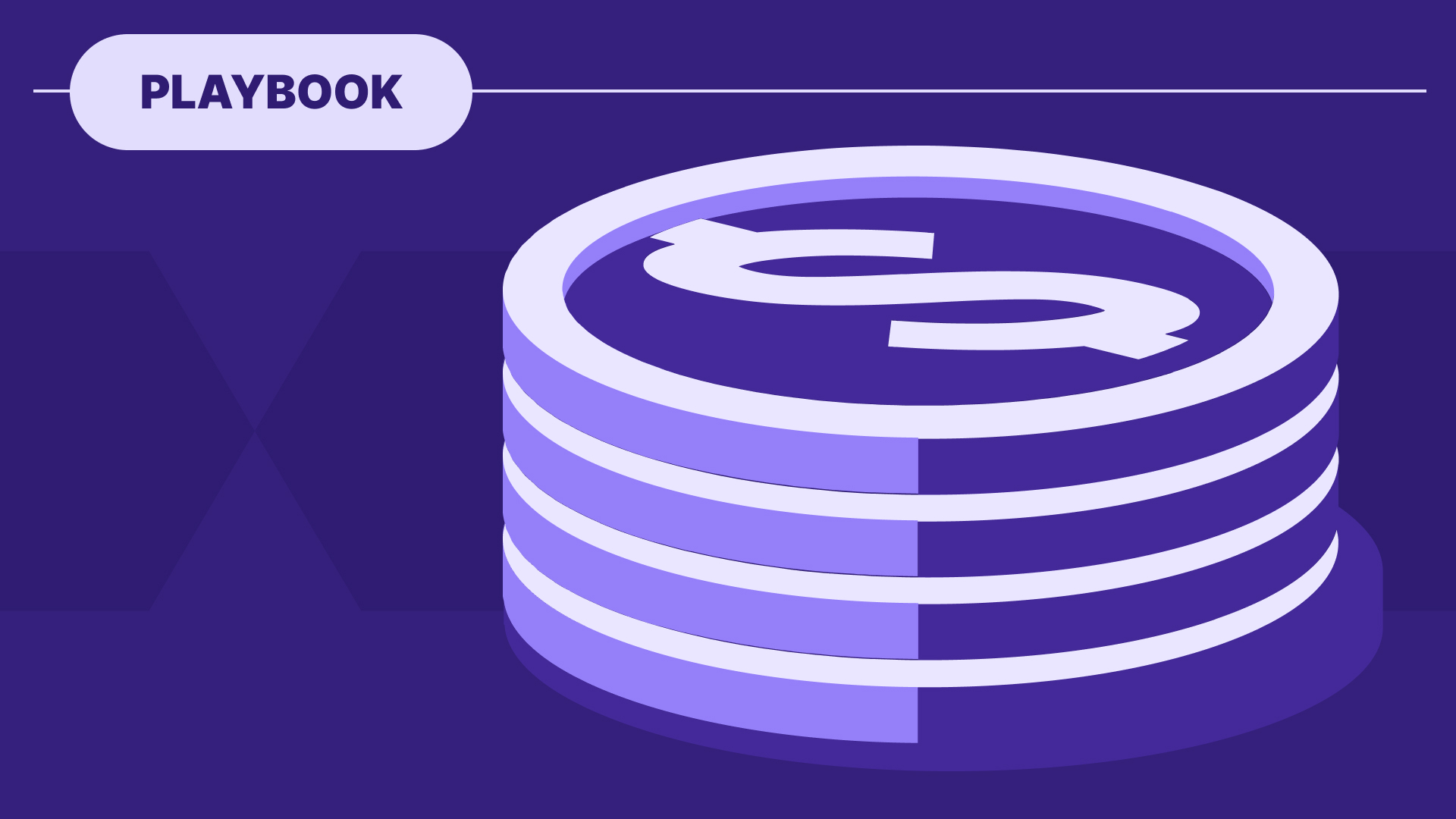


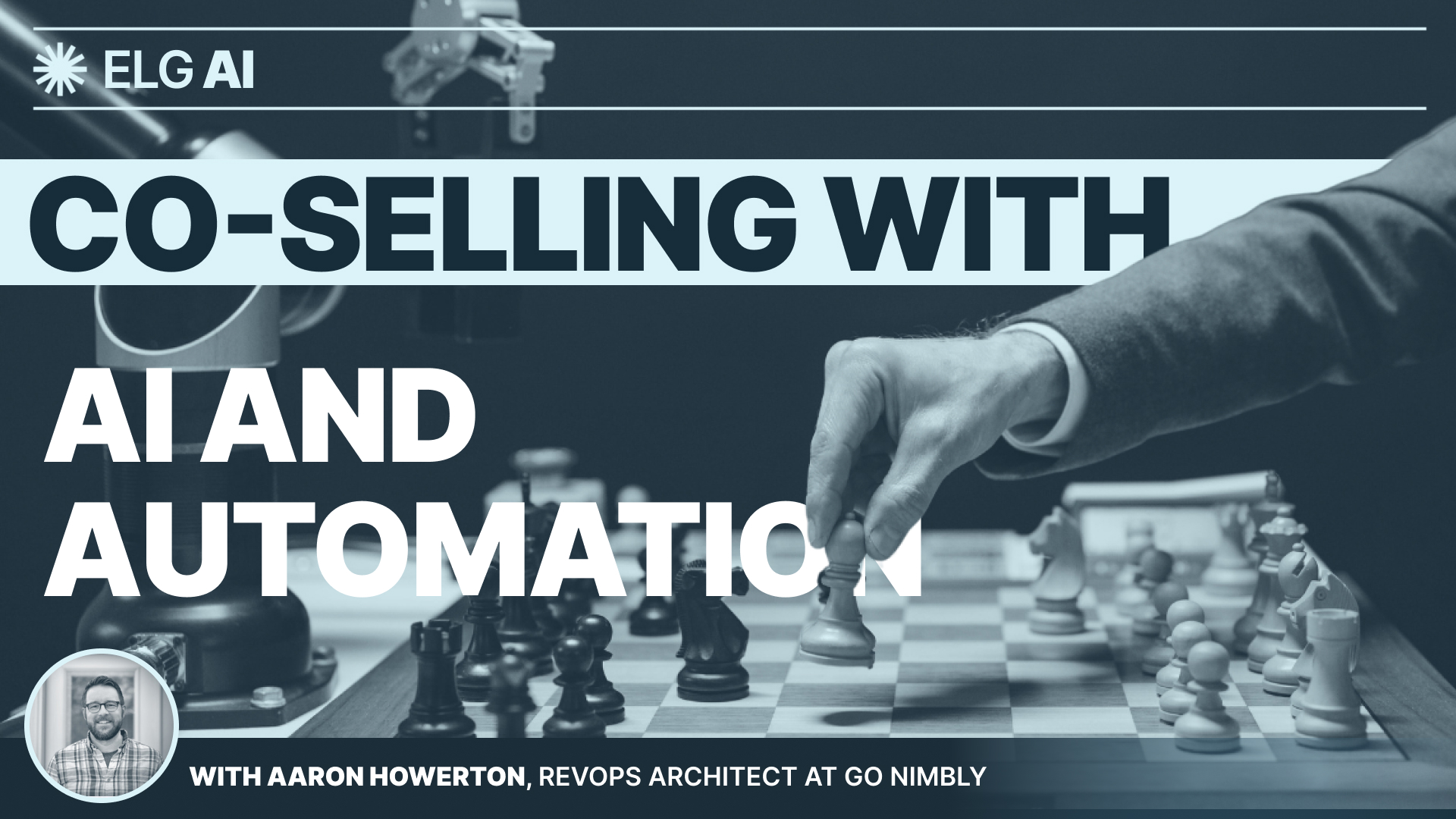


%20(1).jpg)
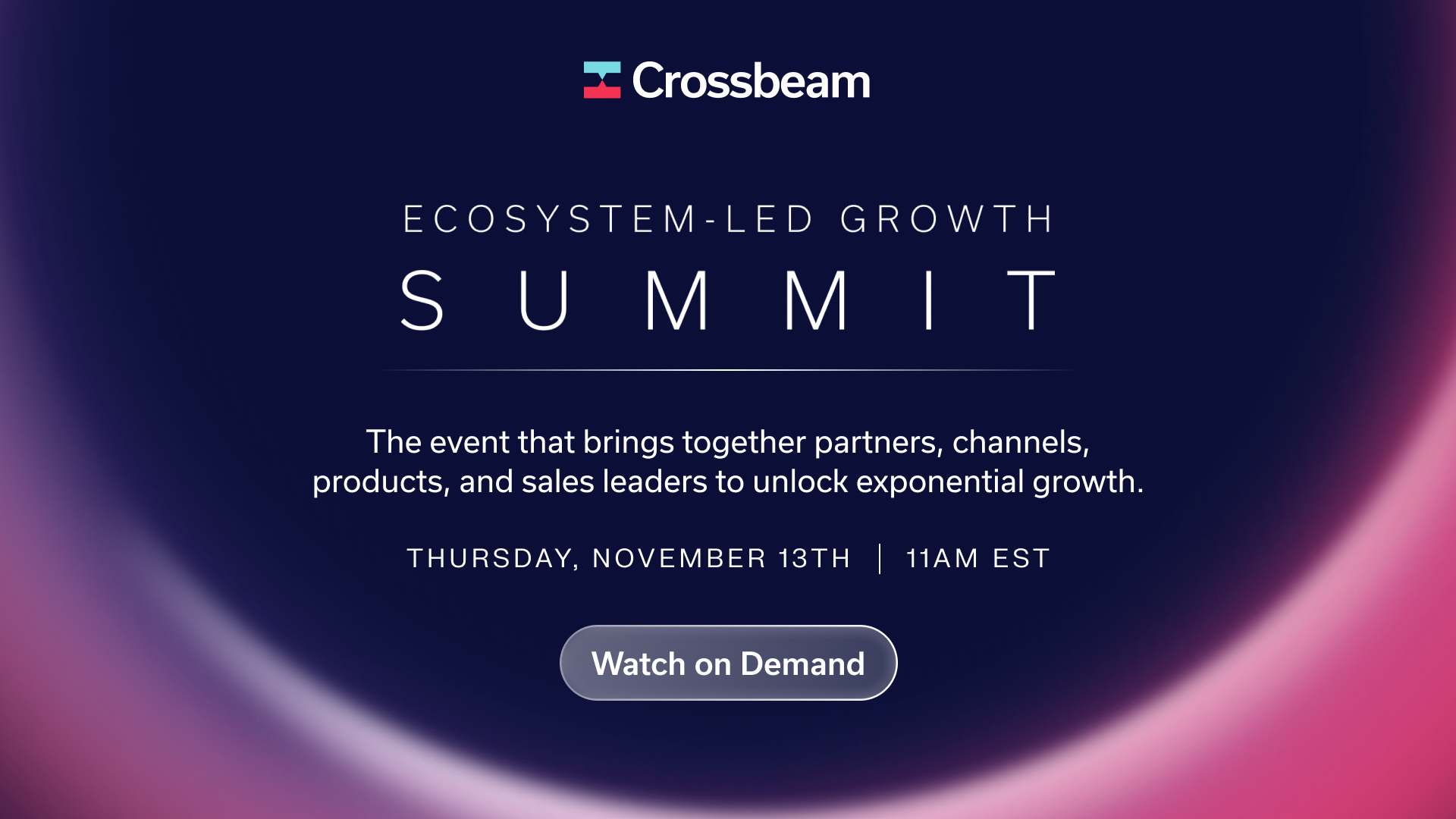

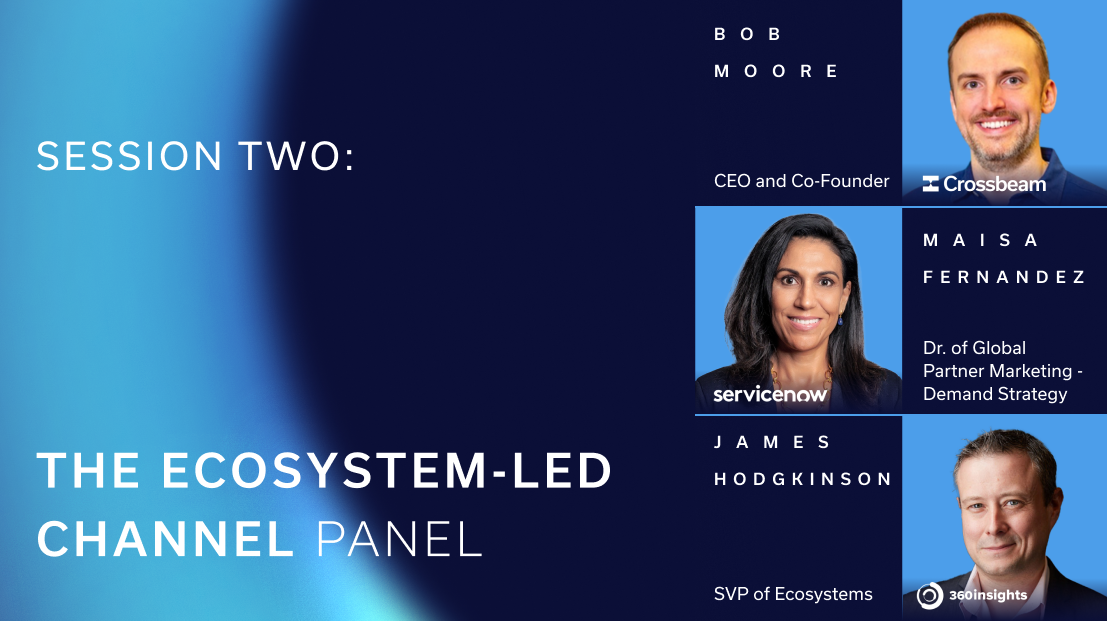
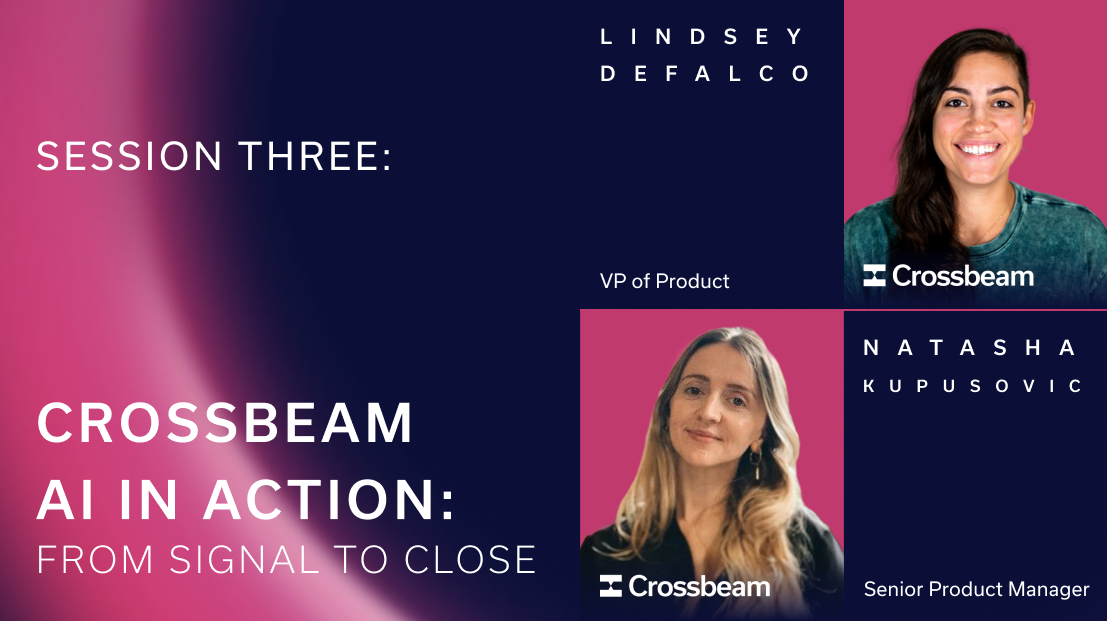


.png)
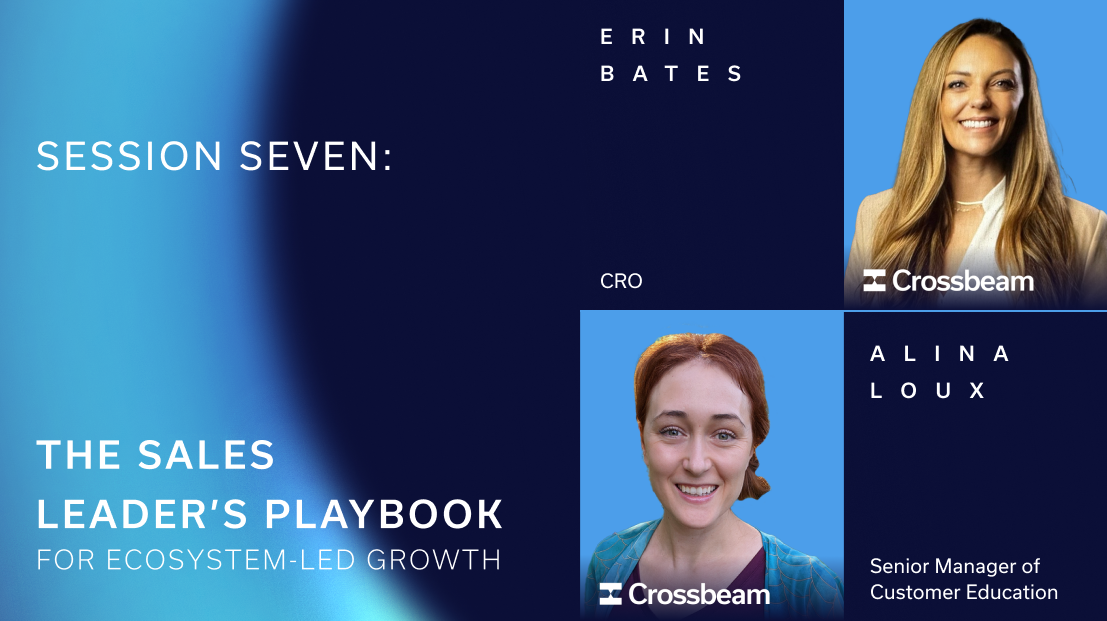


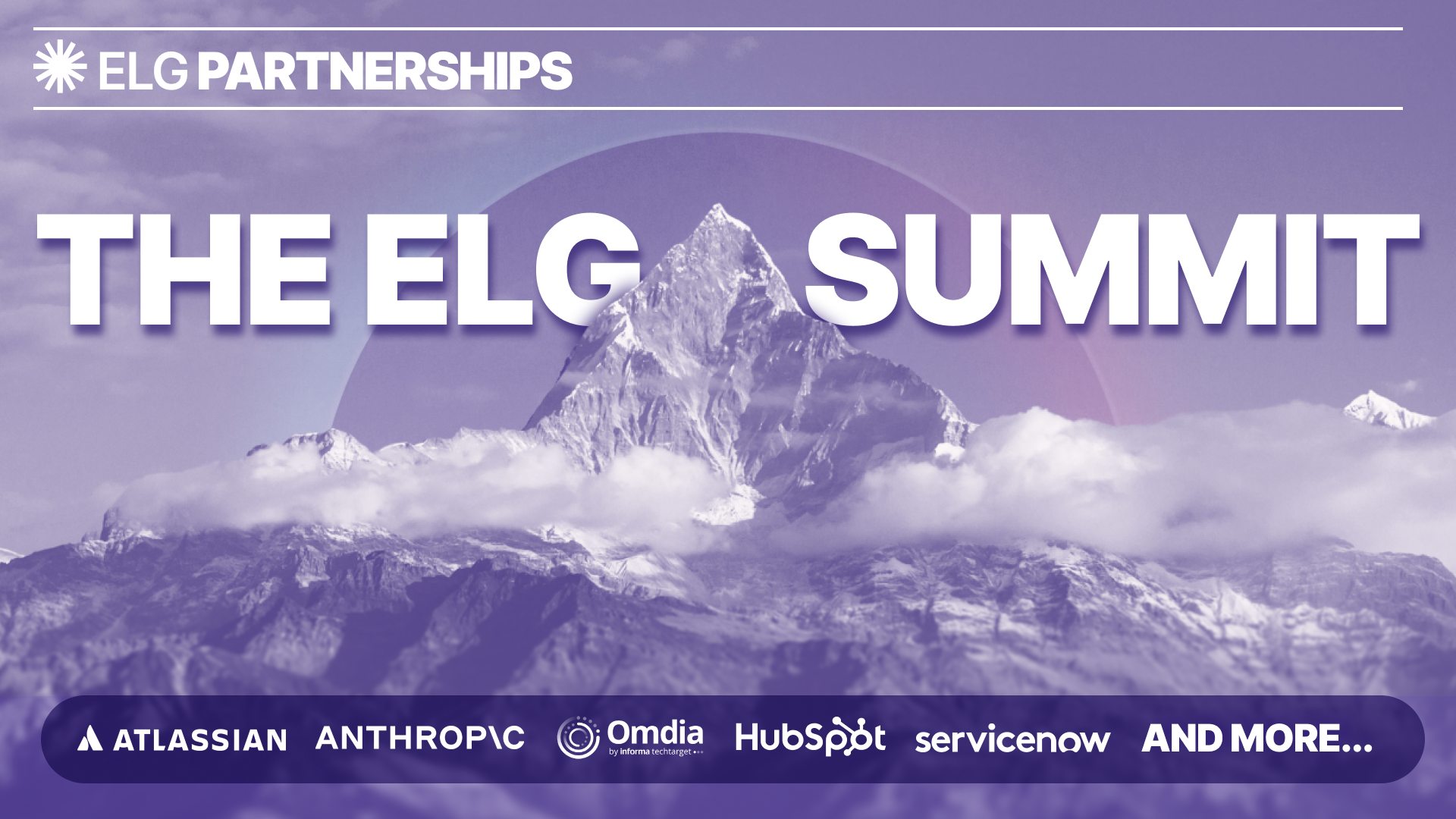

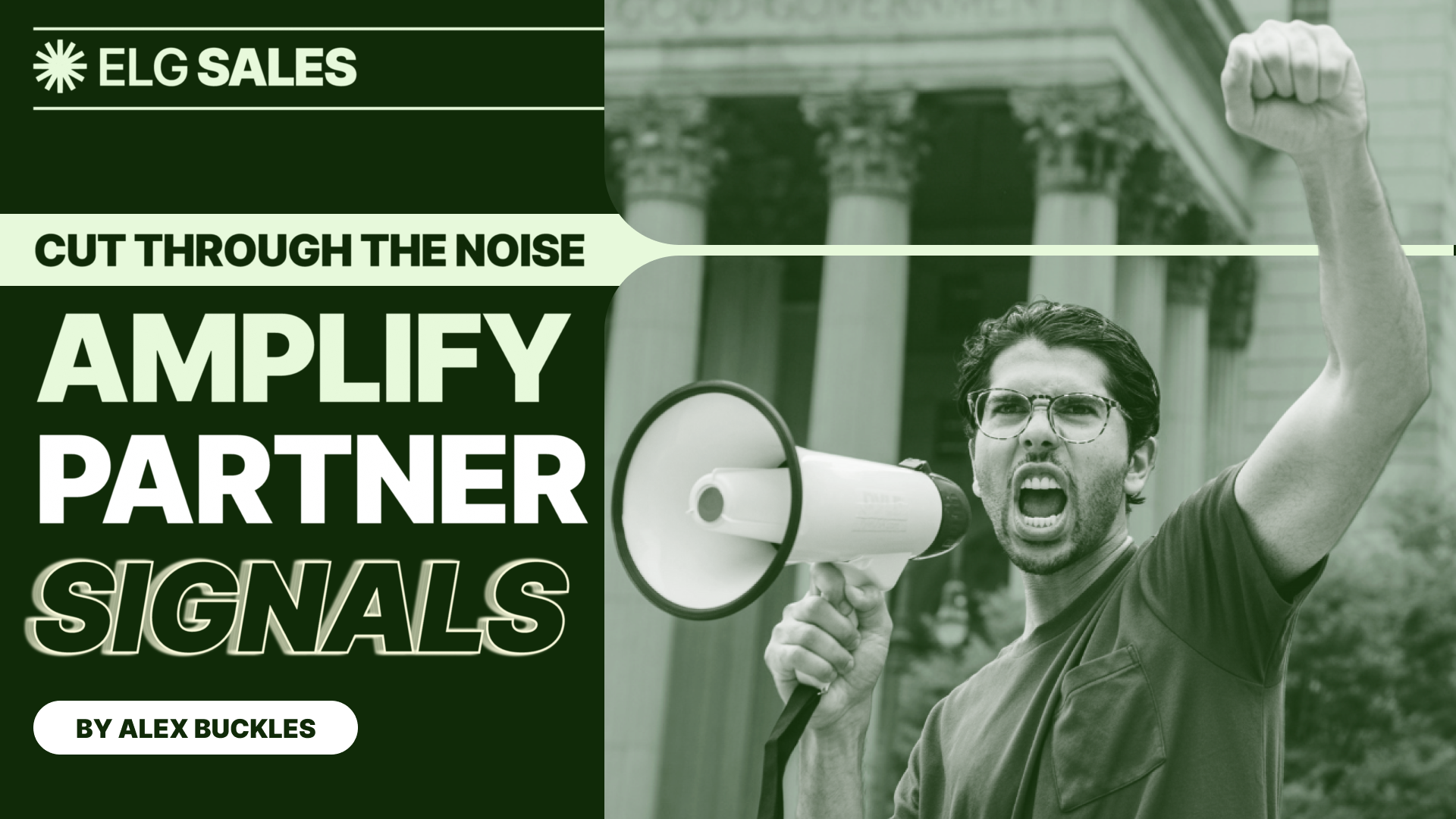






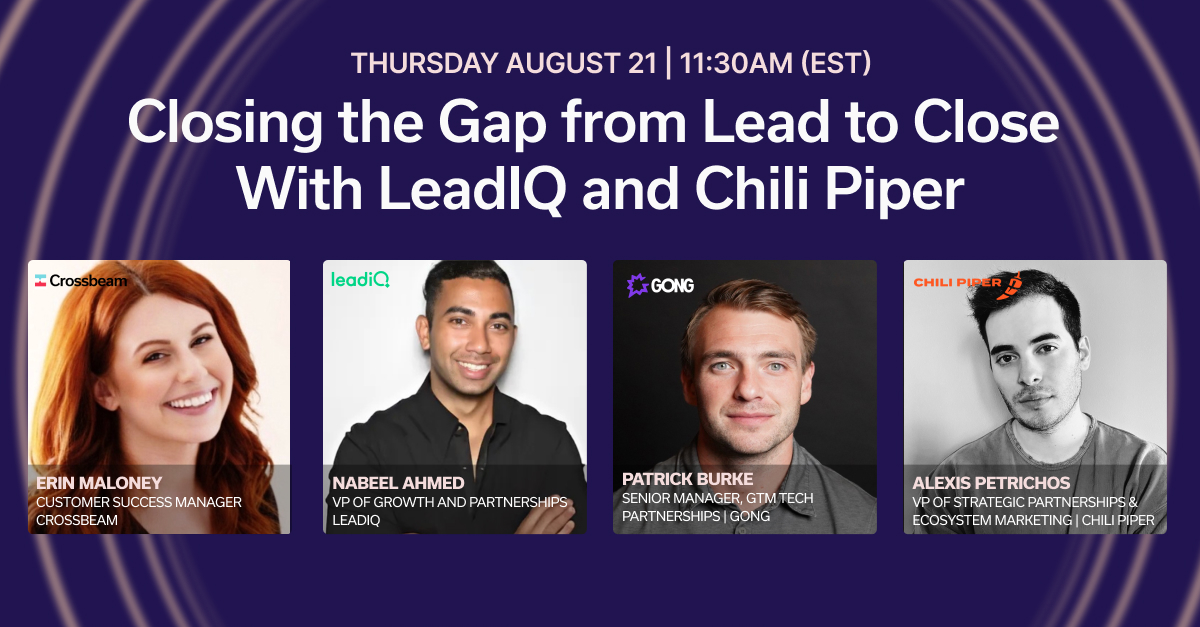

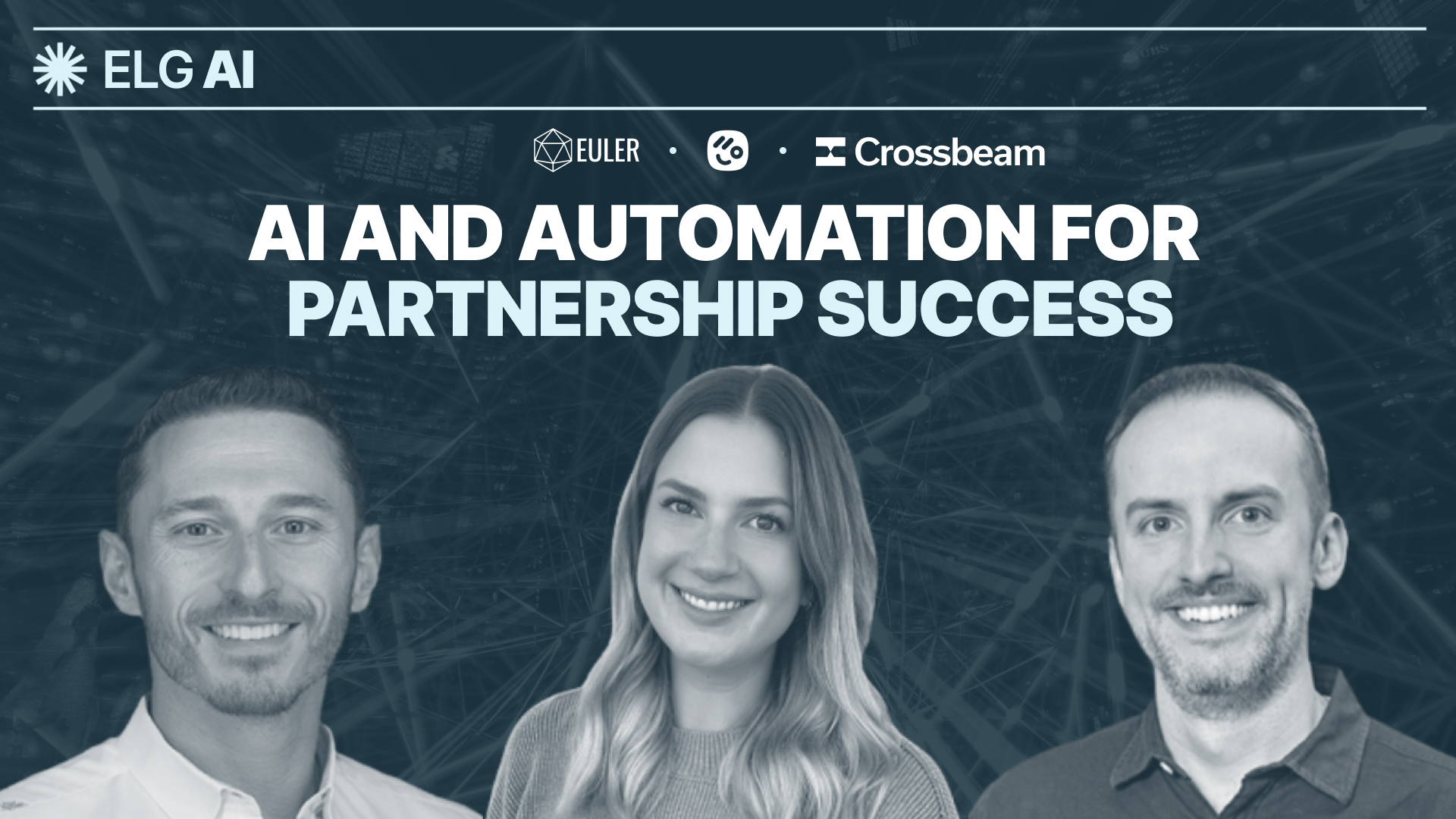
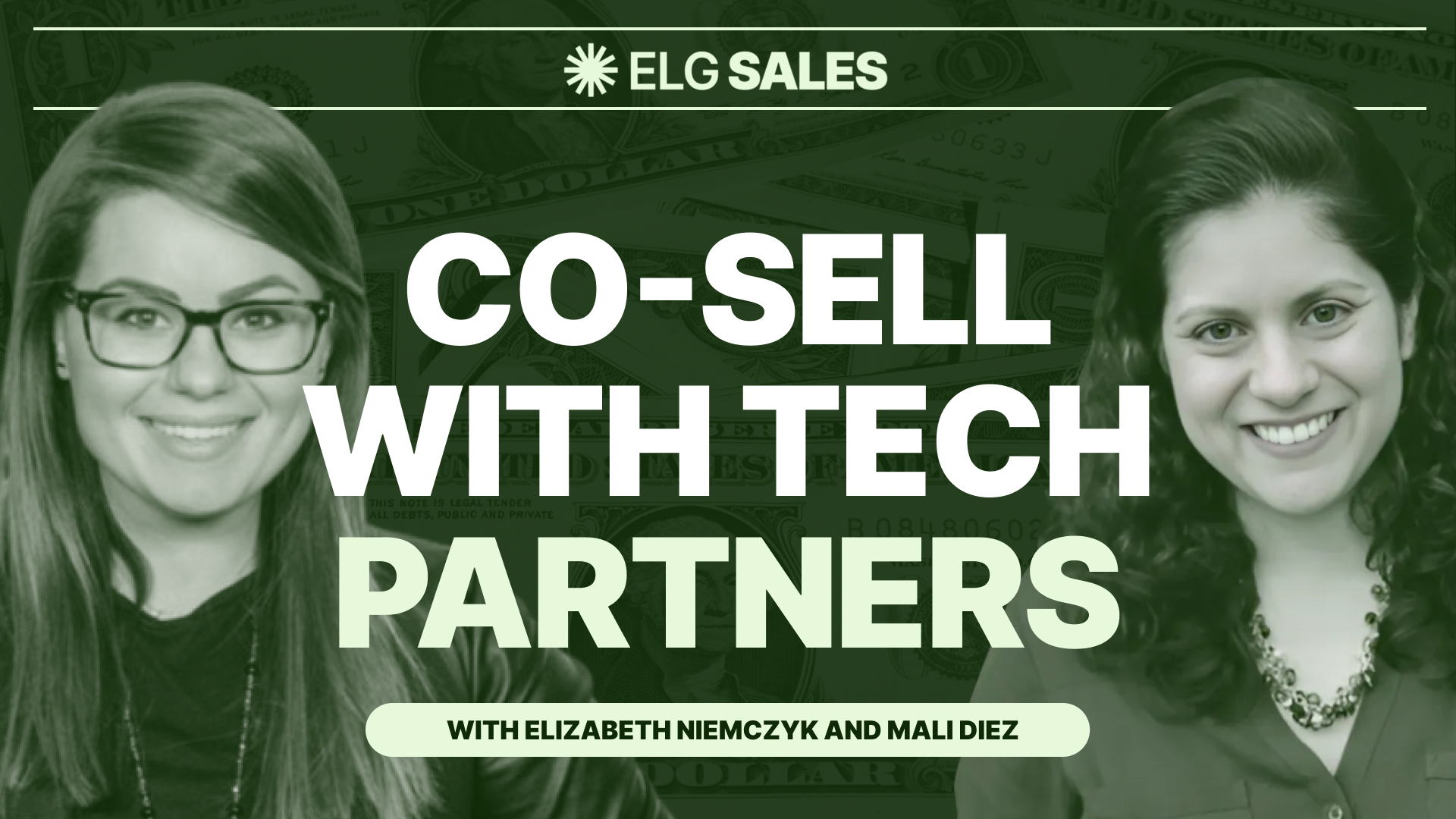
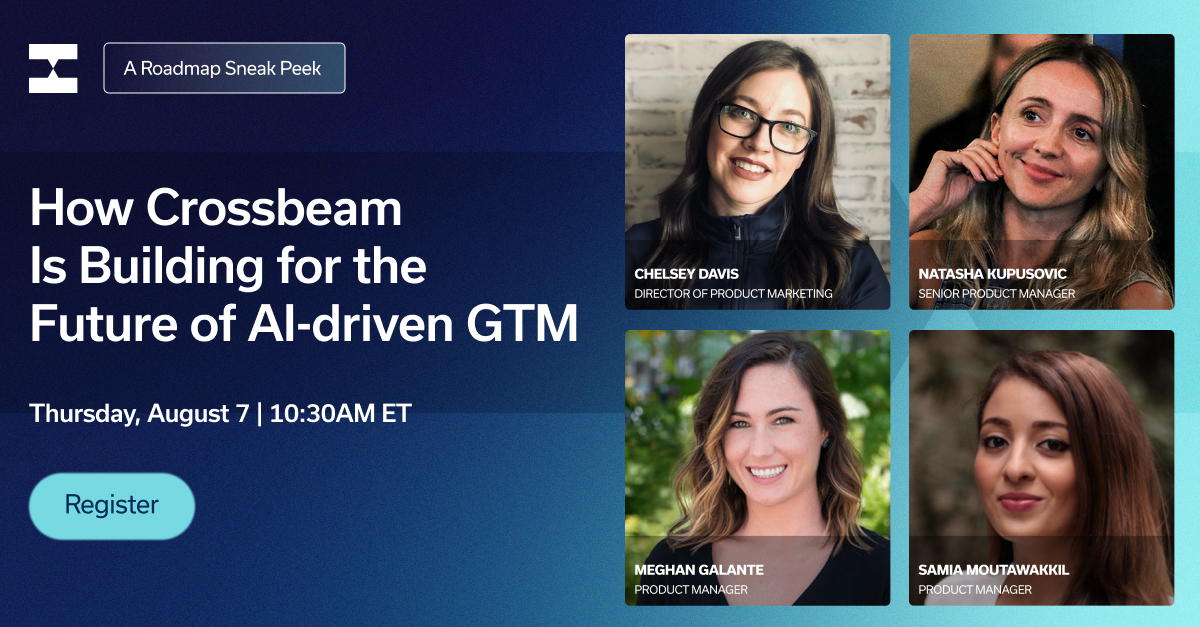
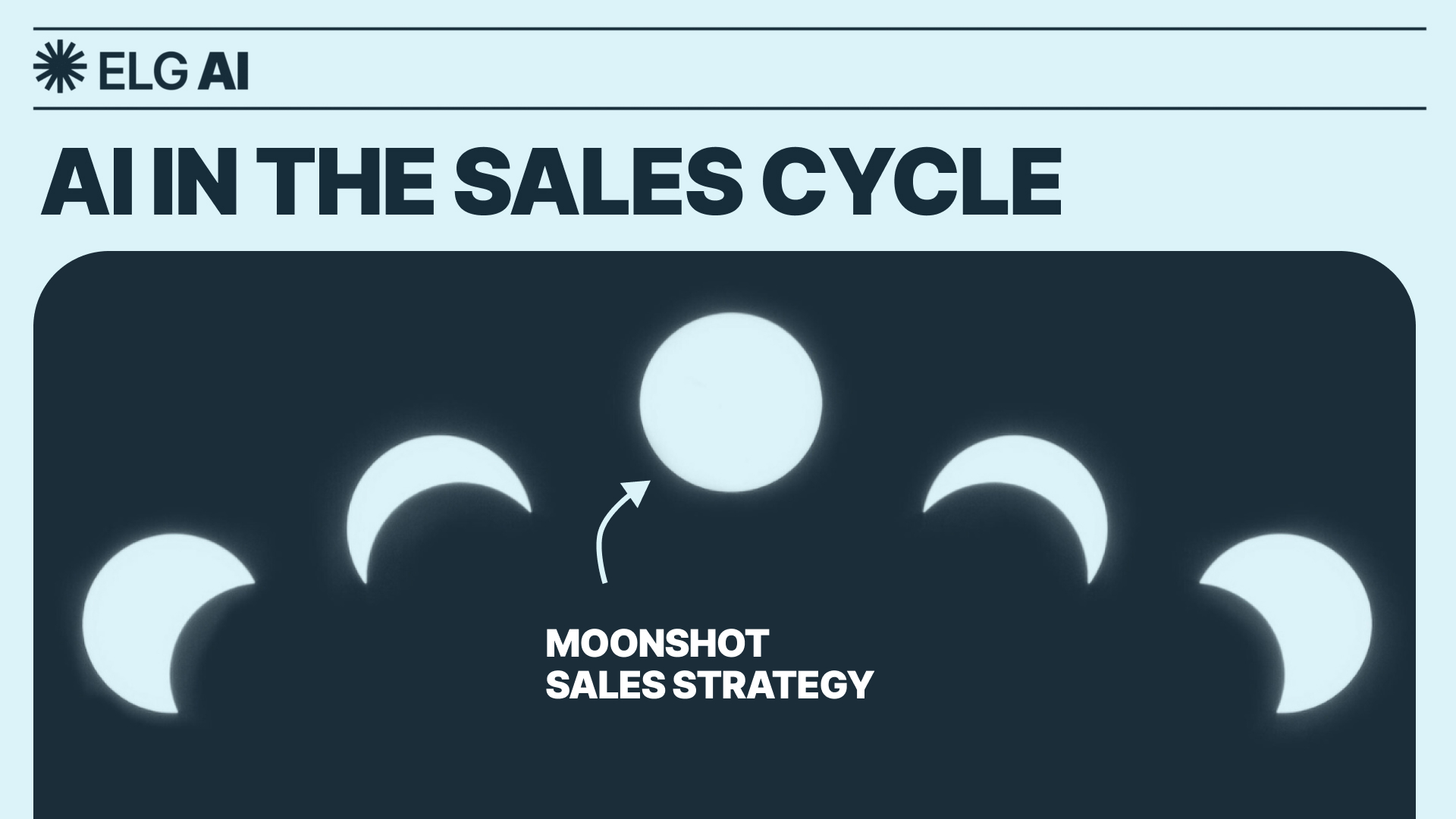
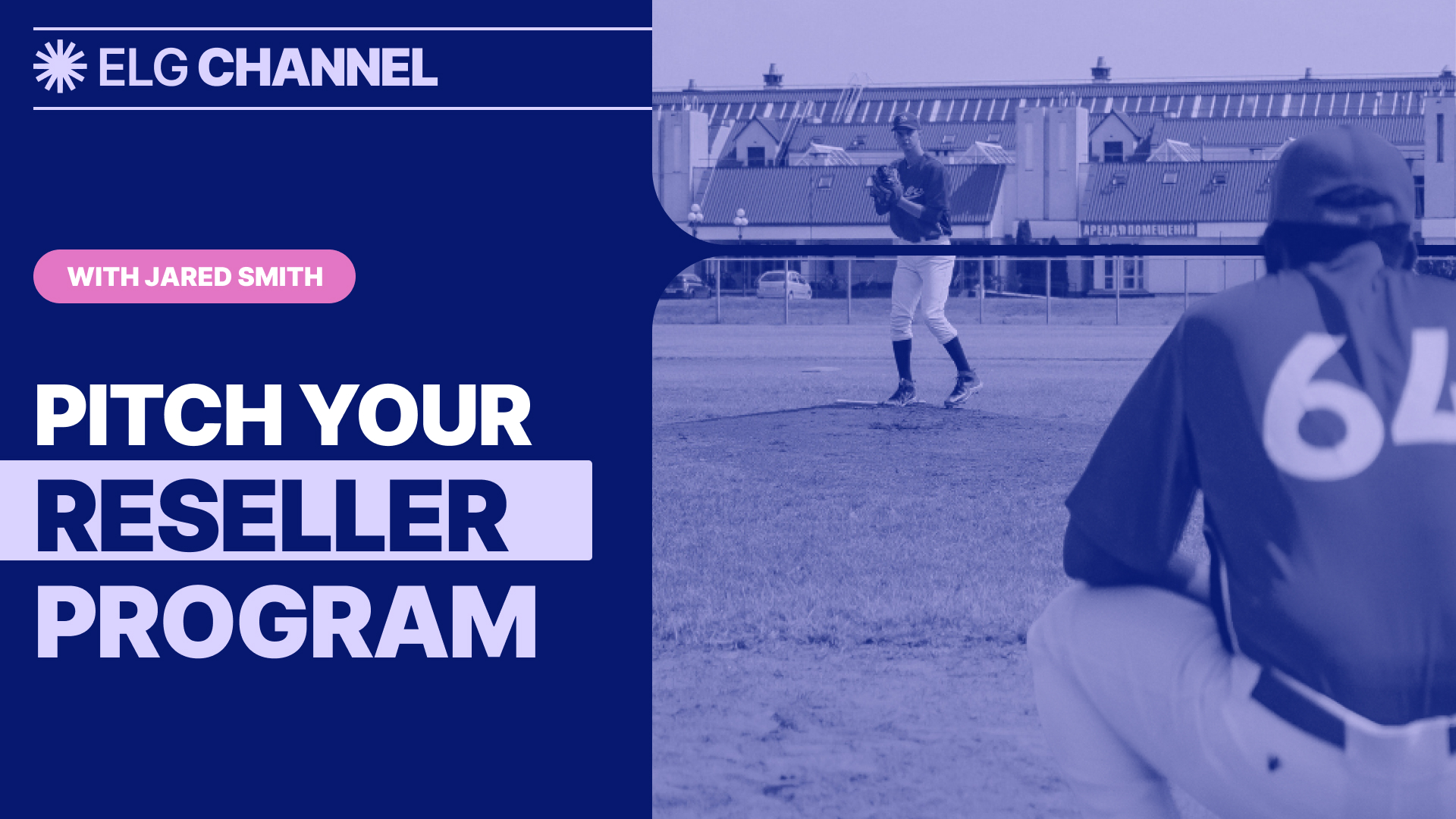
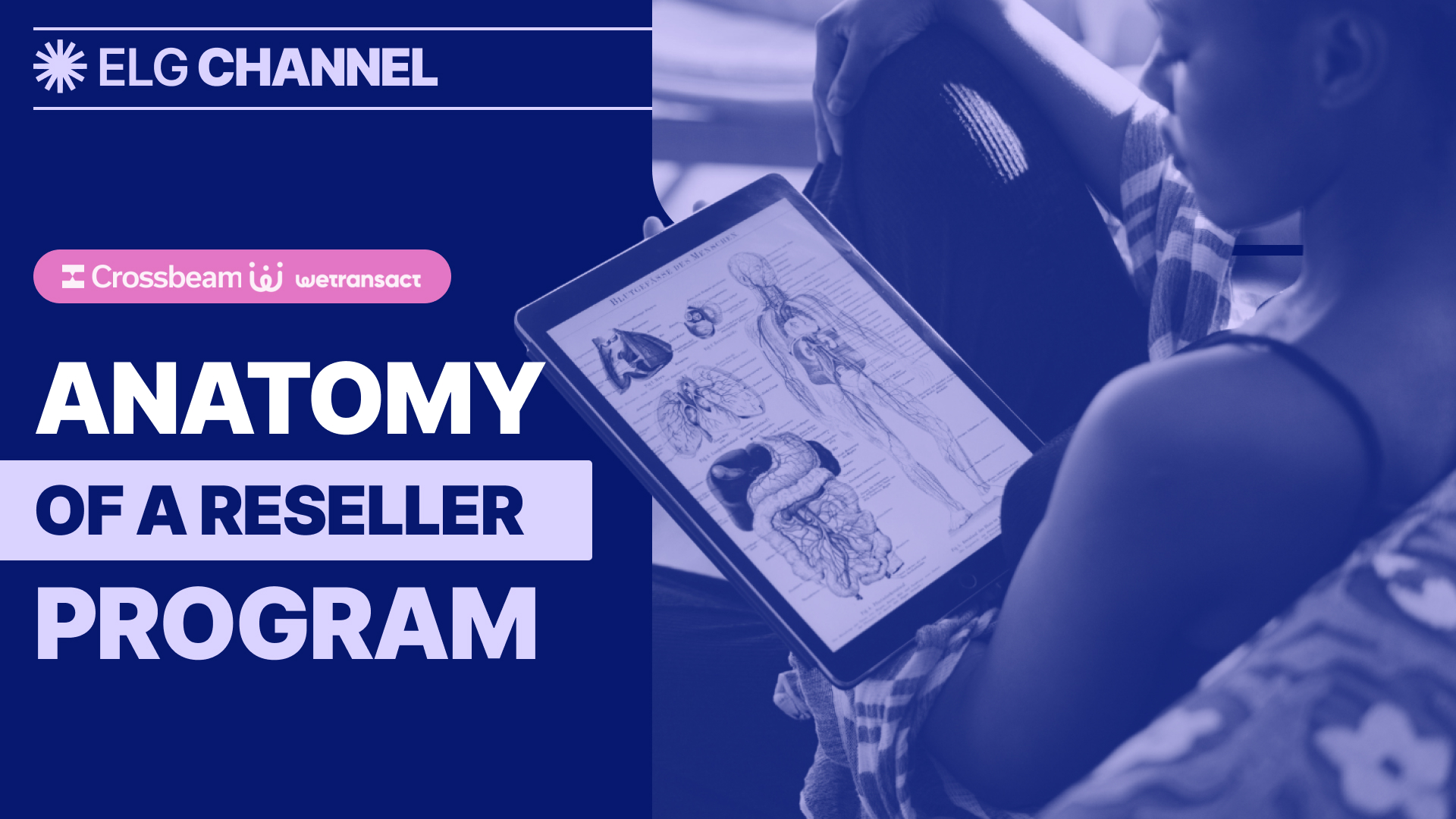
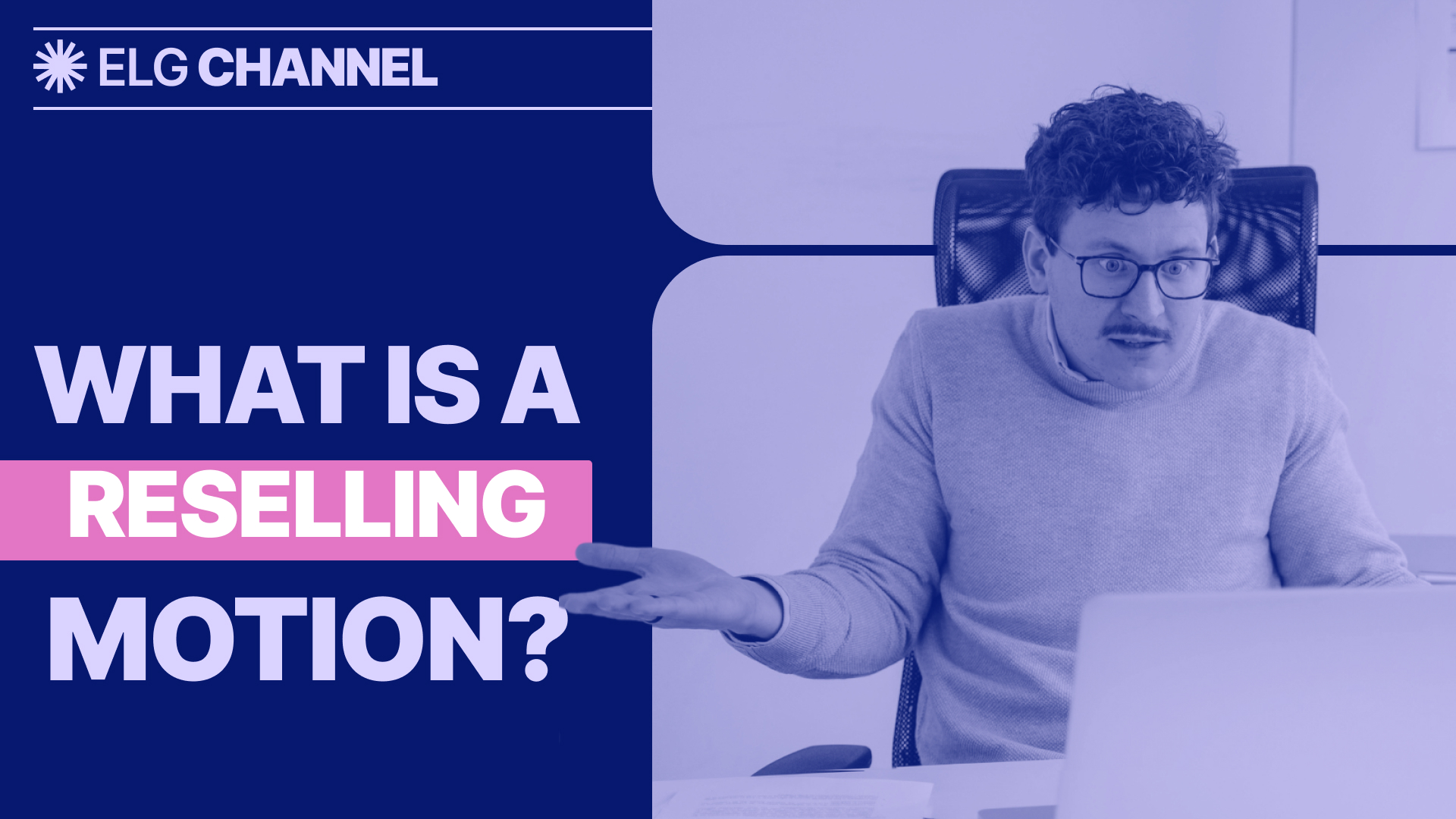




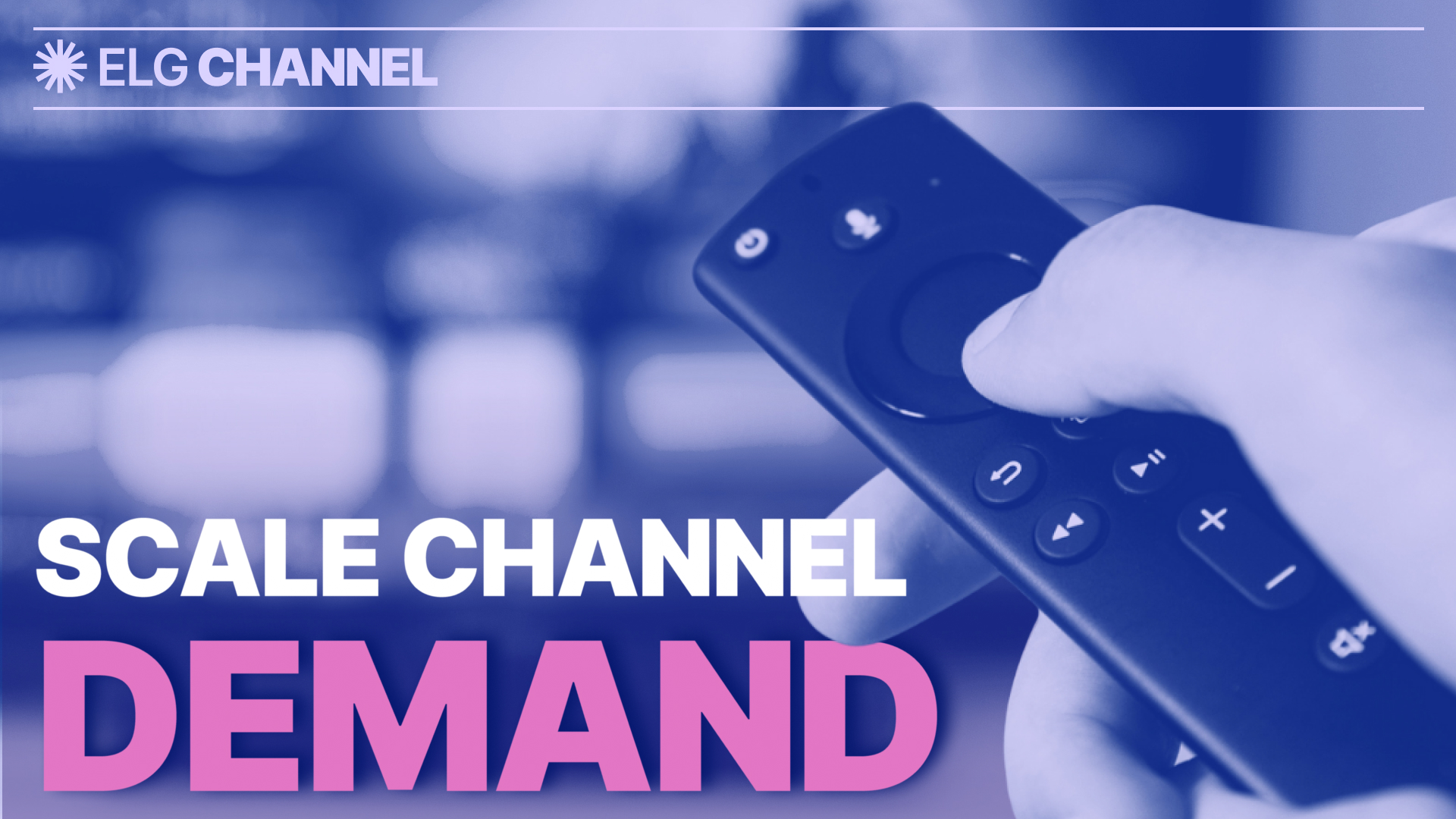


.jpg)




.png)



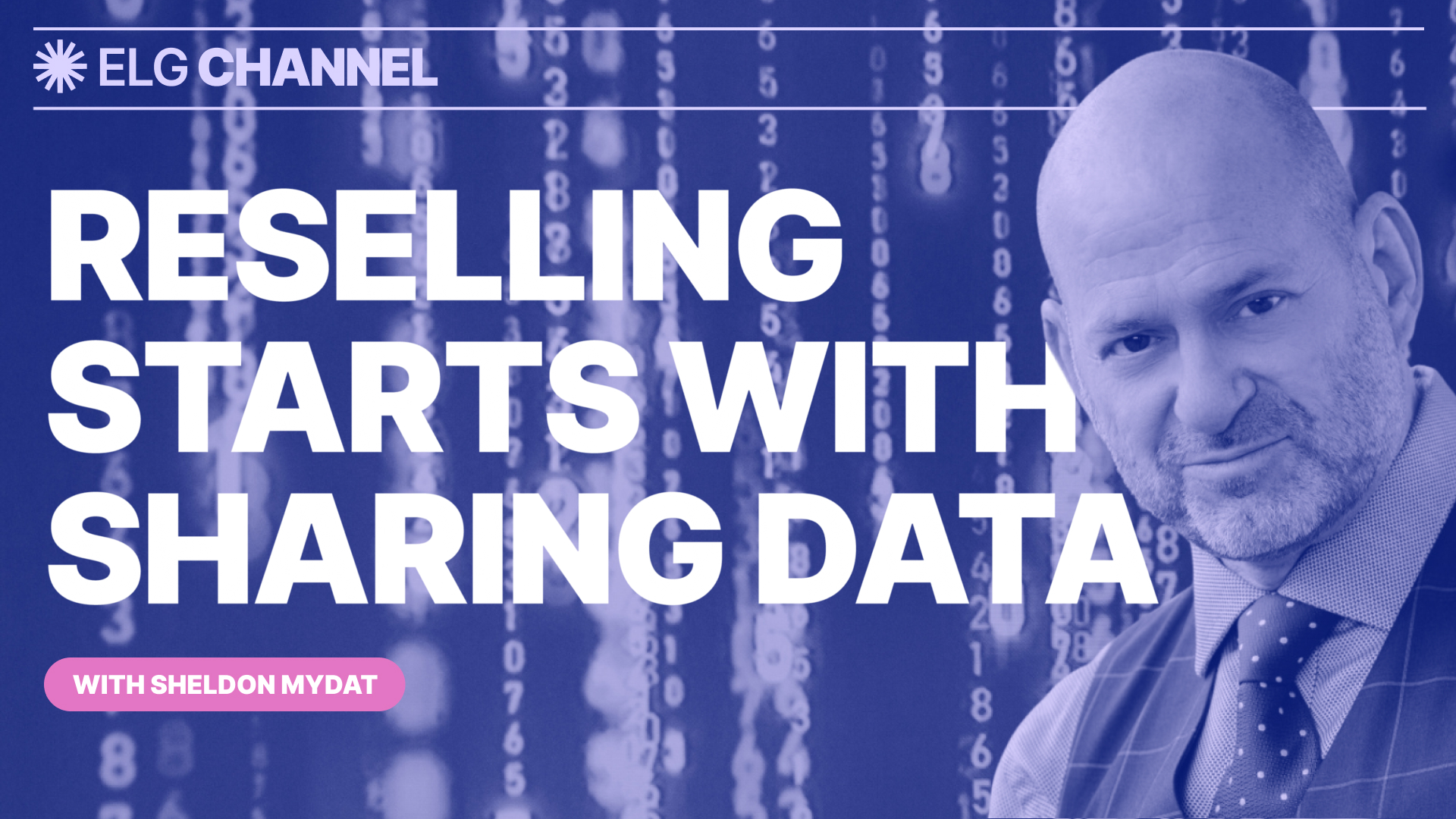


.jpg)





.jpg)

.webp)


















.webp)














